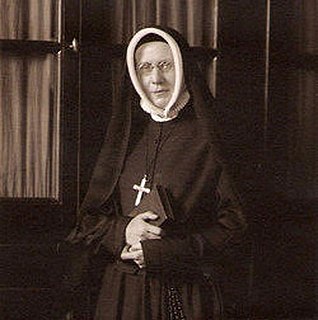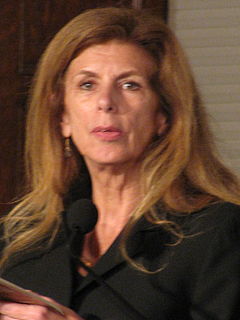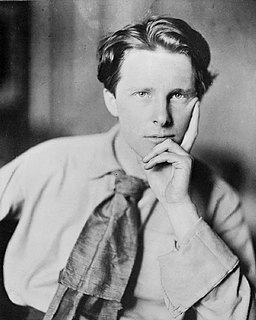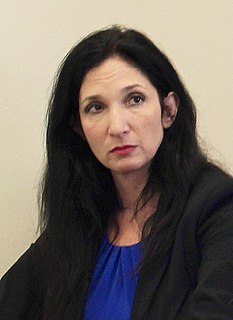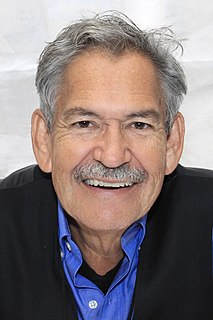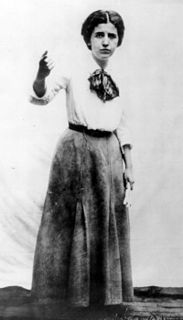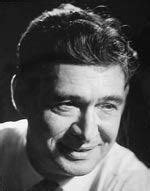A Quote by Janet Erskine Stuart
Are democracy and poetry exclusive of one another and, if so, why?
Related Quotes
Imagine a country where the majority of the population reaps the majority of the benefits for their hard work, creative ingenuity, and collaborative efforts. Imagine a country where corporate losses arent socialized, while gains are captured by an exclusive minority. Imagine a country run as a democracy, from the bottom up, not a plutocracy from the top down. Richard Wolff not only imagines it, but in his compelling, captivating and stunningly reasoned new book, Democracy at Work, he details how we get there from here - and why we absolutely must.
That is why I think, in defiance of Plato, that there is at once error and vulgarity in saying that poetry is a lie, except in the sense that Cocteau wrote one day: I am a lie who always tells the truth. The only poetry which lies purely and simply is academic, pseudo-classical, conceptually repetitive poetry, and it is not poetry.
We who are members of the Communist Party repudiate the exclusive identification of democracy with capitalism. We declare that democracy can be widened, take on new aspects, become truly a rule of the people, only when it is extended to the economic life of the people, as in the Soviet Union. As far as women are concerned, the U.S.S.R. is a trailblazer for equal rights and equal opportunities.
You should know what makes one photo brilliant and another. Why one illustration is instructive and another is banal. Why one blurb is clever and another is trying too hard. Why one video is brilliantly entertaining and another is cheesy. Bottom line: you should want to do great work with a great team-no matter the cost.
Poetry begins in trivial metaphors, pretty metaphors, "grace" metaphors, and goes on to the profoundest thinking that we have. Poetry provides the one permissible way of saying one thing and meaning another. People say, "Why don’t you say what you mean?" We never do that, do we, being all of us too much poets. We like to talk in parables and in hints and in indirections - whether from diffidence or some other instinct.
